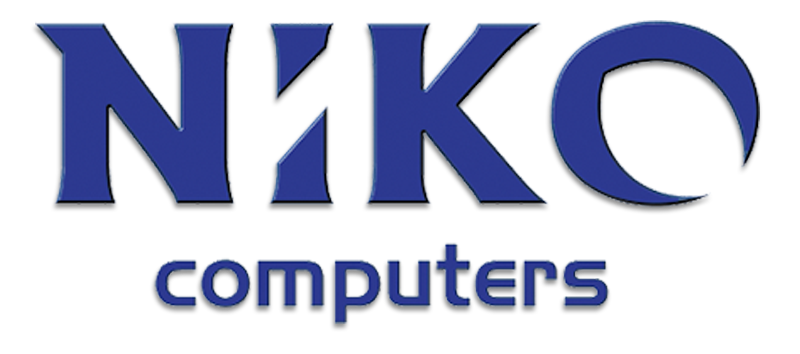Cloud to Cloud Backup
“But… I’m already safe in The Cloud. I don’t need this.”
This a huge misconception. While it does add an extra level or measure of Cybersecurity, it is much more than simply backing up data to the cloud and then backing that up to yet another cloud, which it does. Cloud to Cloud backup (C2C) refers to the backup of applications already hosted in the cloud. The vendors you use for your cloud backup are just providing the platform. Secure storage is another matter. That should be set up by your IT support team or Managed Services Provider.
To understand that better, in terms of application hosting, we need to explain what a cloud is in a sentence: ‘Cloud’ is defined simply as ‘Your server somewhere else’.
Why does cloud backup to the cloud?
Backing up your data to the cloud is one thing: once you place your network and all applications in the cloud, your data and network operations live there, and backups must be arranged. Think of it as living in a rental where the landlord fixes everything. Once you buy a house, you have a better place to live, but new arrangements must be made for home maintenance and repair.
Once your server is in the cloud, several things happen, including:
1) Everything should work faster, depending on the quality of your internet, because it does not carry the burden of localized computing, which depends primarily on the end computer’s hard drive and RAM (Random Access Memory). You will still need RAM to support internet browsing and, to a much smaller extent, working with multiple applications open – the cloud does the heavy lifting for you.

2) You will need cloud-to-cloud backups rather than backing up directly from a local physical network.
3) It drastically reduces office hardware costs – you will still need workstations, but they only need to be terminals to the cloud – not self-contained storage and computing devices.
This will not relieve the need for overall Cybersecurity; yes, you still need IT support.
What is the cloud, and how does it work?
As a longtime member in the good standing of Niko Computers IT Support, we were at the forefront of instituting cloud usage for our clients. We have seen how, over the years, many companies used the cloud primarily for secure offsite data backups and to host basic applications like email. With the surge in employees working remotely due to COVID, there has been a remarkable jump in companies hosting their entire networks and all applications to the cloud. It is safer and easier for the in-house IT support crew, IT HelpDesk, or the outsourced Managed IT Services provider to keep secure. It is much more manageable in terms of Disaster Recovery.
Cloud services have massive data centres hosting your data and applications like a warehouse with aisles and servers. Your applications or emails are still running off a server, just like they did at your office before the migration. So being in the cloud means you are “remoting” into the application installed and running on another server.
Cloud backups are more reliable than local backups, but any system can fail. Backing up to multiple locations via C2C provides a critical ‘fail-safe’ redundancy for your data protection, like not ‘putting all of your apples in one basket’.
The vendor/owner of your Cloud service will maintain your remote server, maintain Cybersecurity for it, and make sure it is operational and functional for you. Still, they typically do NOT manipulate your data in any way. This means they do not provide data verification, check data integrity and, most importantly – backup. That refers to both applications and emails. Issues like this fall within the parameters of your IT services responsibilities.
Don’t Take the Chance!
Call Niko Computers IT Support or fill in the form on this page for your FREE Backup and Disaster Recovery consultation. Tell us a bit about your business and processes, and we will give you the best options to keep your company’s data and applications secure and protected. There is no obligation or need to use our Managed IT Services.
